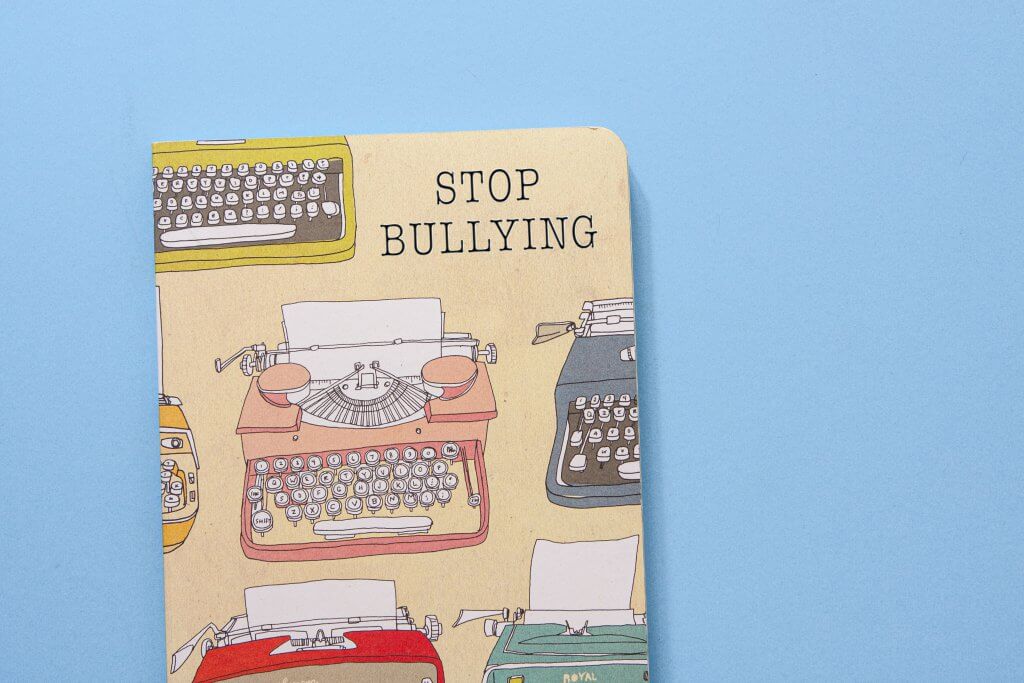Have you noticed that your once motivated and social teen has lost their drive and/or interest? Experiencing sadness, irritability, inability to focus and fatigue are all normal experiences throughout one’s life. However, if these feelings are troubling your teen or impacting your teen’s ability fully participate in school, social life, or extracurriculars, it may be time to take a closer look.
No, it’s not laziness
Of course, you want your teen to do their chores, get good grades, follow the rules, and maintain a healthy social life. You notice them slipping away from hangouts with friends, staying in bed more, and failing to complete their homework. It’s easy to assume this is just laziness and “normal” behavior for a teen. However, if you’ve noticed a significant change, here’s what you should be paying attention to:
- Expressing feelings of sadness throughout most of the day
- Increase of arguments between you and your child
- Lack of interest in hobbies or sports they once enjoyed
- Weight and/or appetite change
- Sleeping too much or sleeping too little
- Lack of energy throughout the day
- Overly critiquing themself and expressing feelings of unworthiness
- Being unable to pay attention in school or failing to submit homework assignments
- Expressing thoughts of death or suicide
If any of these symptoms resonate with you regarding your teen’s emotions or behaviors, it may be an indication that your teen has depression.
What are the causes of teen depression?

The roots of teen depression could be found in several different places. Depression can stem from experiences such as a breakup, dealing with a death, or bullying. It can also be related to genetics, trauma history such as being a victim of an assault, change in hormones, and/or a hormonal imbalance in the brain. Teen’s bodies are changing during puberty and this shift in hormones can have an impact on your teen’s mood and behaviors. While many of these changes are normative, it is important to ensure symptoms do not persist or worsen.
How you can help your teen
It’s common to want to throw all the facts at your teen as to why “life is so good,” and they shouldn’t be “sulking.” What teens really need during this time is your support. Take the time to talk with them and provide empathy. It’s also important to speak with your teen’s pediatrician and contact a therapist that specializes in treating teen depression. It’s normal to get pushback from teens when suggesting therapy. Phrase it in a way that communicates they deserve therapy. Talk to your teen about how therapy is a private space for them to share their feelings, develop coping skills, and strategize ways that will help them feel like themselves again.
It is vital that you seek immediate medical care if your teen has expressed suicidal thoughts or actions. You can call the National Suicide Prevention Lifeline at 1-800-273-8255 or contact 911 if your teen is suicidal.
Stay tuned for the rest of the Teen Depression Series. Next, we will be discussing treatment for teens with depression.
Learn more about our Teen Therapy Services
Contact us for a free phone consultation




3 thoughts on “Teen Depression: Is My Teen Depressed?”
Comments are closed.